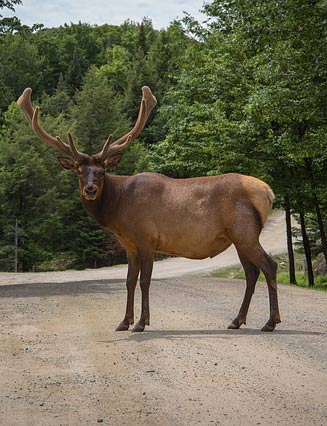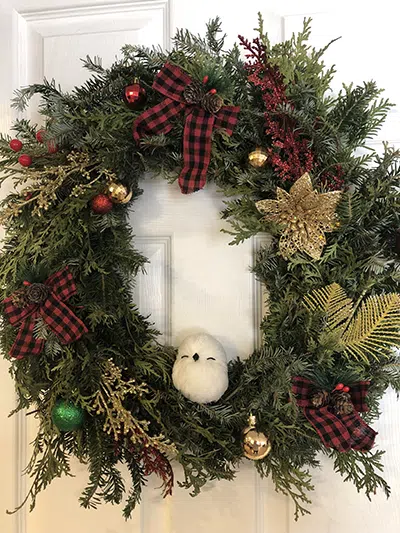
As reported by the CDC, over 1 million collisions with wildlife are recorded in the U.S. annually - resulting in 150+ human lives lost and over 4 million dollars in direct damages. As wildlife detection technology advances, we are getting better equipped to record, interpret, and predict the movement of animals. While animal removal may not always be practical or desirable, creating solutions for animals and humans to travel safely is.
Hawkeye Bird & Animal Control is ready to assist with the initial environmental assessment as well as the planning and implementation of appropriate solutions. We employ cutting edge technology such as LiDAR (LiDAR, which stands for Light Detection and Ranging, is a remote sensing method that uses light in the form of a pulsed laser to measure ranges/variable distances the Earth) Data Processing –Object Tracking and Georeferencing - using ultraviolet, visible, or near infrared light to image objects. Both, 360 Degree and non-rotating LiDAR can target a wide range of materials, terrains, and objects. One or more narrow laser beams can map physical features with very high resolutions. With the help of processing software we are then able to identify animals and their movement in an area of concern.
Once we have made the assessment, have identified the type and number of animals, we can look at what type of solutions are practical and promise best results. In cases of high human traffic areas (such as road ways), we may propose fencing leading to a cross walk. In essence, the fence would only allow one access to the crossing in each direction. Before such project can go underway, though, we will have to ensure that other environmental factors are favorable. Example: Such a crossing (bride over road) was constructed but no deer (in this case) would cross. Why? Because at one end of the cross walk was a wolf den. By properly assessing and considering ALL factors, we can avoid having you make such a costly mistake.
In summary, we don't just trap raccoons or chase off geese; Hawkeye's arsenal used in animal and bird control consists of so much more - from unrivaled experience in the field to the most cutting edge technologies available. If you are in charge of or concerned with an area where wildlife may threaten human life please contact Hawkeye at (416) 429-5393 to assess your situation and offer an appropriate solution.
Why Hawkeye?
We GUARANTEE results. We offer PERMANENT solutions above and beyond what other companies can offer. Hawkeye is the ONLY pest bird and animal/wildlife control company in Canada designated "Certified Wildlife Control Professional" AND holding the following licenses:
- Trapping of Fur Bearing Animals Permit: In contrast to all other companies, we can euthanize the bird or fur-bearing animal, thus guaranteeing it will not return.
- Falconry Permit: We use Birds of Prey (hawks, owls, falcons, eagles) to scare, chase, or remove in a natural and humane way.
- Pest ControlLicense: We can employ chemical solutions to certain problems. These methods include natural pesticides.
Now with 7 Locations ( 6 In Canada and 1 in the U.S), we are ready to serve you better in Acton, Toronto, Oshawa, Bowmanville, two locations in Mississauga and West Palm Beach in Florida.
Contact us today or email us at [email protected] if you need help with pest wildlife/animal control and/or pest animal removal.
Pest wildlife animals like Bats, Bears (Black, Brown), Beavers, Bobcats, Cats - Domestic (Feline), Chipmunks, Coyotes, Deer, Elk, Fox, Groundhog, Marten, Mink, Moose, Muskrat, Porcupine, Possum/Opossum, Rabbits, Raccoons, Skunks, Squirrels (Black, Grey, Red) and Lynx
Statistics cited in this article were presented in a recent seminar by 'National Academies of Science, Engineering, Medicine - Transportation Research Board' entitled: "Protection Detection: Making Roads Safe for Drivers and Wildlife"















